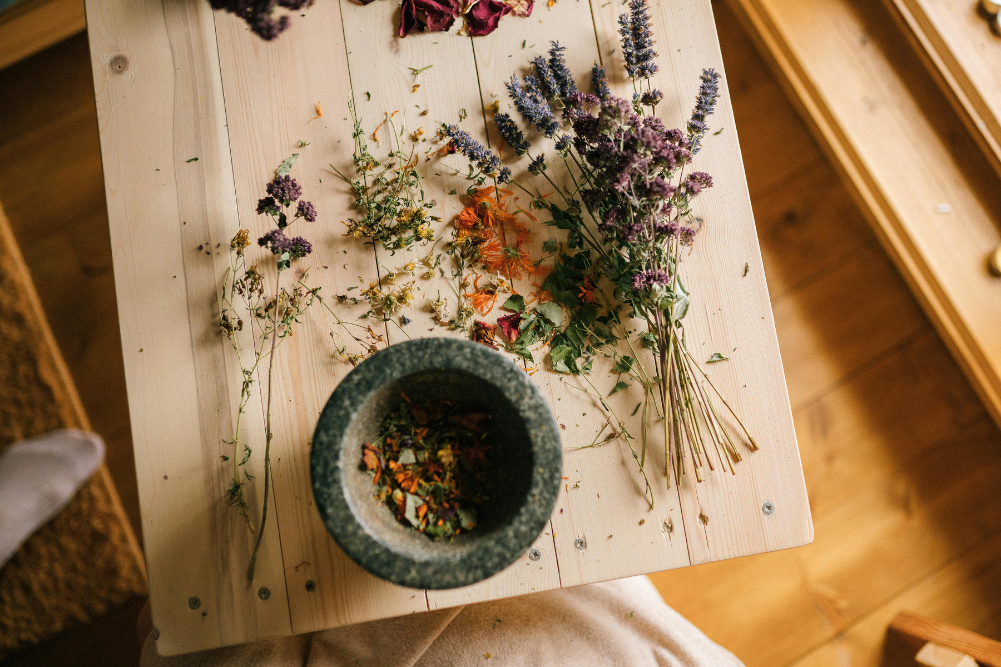Acupressure relieves symptoms after cancer treatment
Cancer survivors with fatigue often experience depressive symptoms, anxiety and pain. Previous reports have shown that acupressure improves fatigue, but its impact on other persistent side effects that linger after cancer treatment has not been explored.
Both types of acupressure were associated with greater improvements in anxiety than usual care, but only relaxing acupressure was associated with greater reductions in pain severity, and only stimulating acupressure was associated with greater reductions in pain interference.
Researchers from the University of Michigan conducted a study to look at the impact of acupressure on chronic pain, anxiety, depression and poor sleep in breast cancer survivors. Out of the 424 women experiencing fatigue in their original study, researchers found that half had at least one symptom and 17 per cent experienced all of them. The current study focussed on 288 patients from the previous study and they were categorised into one of the three groups: 1) relaxing acupressure, 2) stimulating acupressure, or 3) usual care. The participants had reported symptoms other than fatigue at the start of the study and were asked about fatigue, sleep, depressive symptoms, anxiety and pain on a weekly basis.
Acupressure is a traditional Chinese form of medicine that involves applying pressure fingers and thumbs or a device on specific pressure points on the body. The researchers tested two types of acupressure — relaxing acupressure, which is traditionally used to treat insomnia and stimulating acupressure, which is used to increase energy. The two techniques differ by which points on the body are stimulated.
After six weeks of treatment, relaxing acupressure was significantly better than stimulating acupressure or standard care in improving depressive symptoms and sleep. Depressive symptoms improved significantly for the relaxing acupressure group (41.5 per cent) compared with stimulating acupressure (25 per cent) and usual care (7.7 per cent). Both types of acupressure were associated with greater improvements in anxiety than usual care, but only relaxing acupressure was associated with greater reductions in pain severity, and only stimulating acupressure was associated with greater reductions in pain interference. The researchers also assessed if improving one symptom can lead to improvements in other symptoms and found that improving symptoms of depression led to improved sleep quality which accounted for 20 per cent of improvement in fatigue.
The study shows that acupressure is an easy and accessible treatment option that can be done at home to combat the persistent symptoms that tend to remain after cancer treatment.
Source: JNCI Cancer Spectrum








